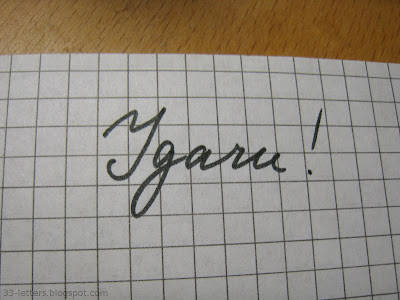It's
night time here, so I decided to share with you some Russian
vocabulary about sleeping.
спать
- to sleep
уснуть,
заснуть - to fall alseep
просыпаться
- to wake up
вставать
- to wake up, to rise
будить,
разбудить - to wake someone up
будильник
- alarm-clock
сон
- sleep, dream
бессонница
- insomnia
кошмар
- nightmare
видеть
сны - to dream
сниться,
присниться — to appear in dreams
сонный,
сонливый - sleepy
храп
- snore
храпеть
- to snore
кровать,
постель - bed
подушка
- pillow
одеяло
- blanket
колыбельная
- lullaby
петь
колыбельную - to sing a lullaby
сова
- night owl, evening person
жаворонок
- lark, morning person
голубь
- "pigeon" (a person who doesn't have strong preferences to early or late waking up)
Idioms
about sleeping:





